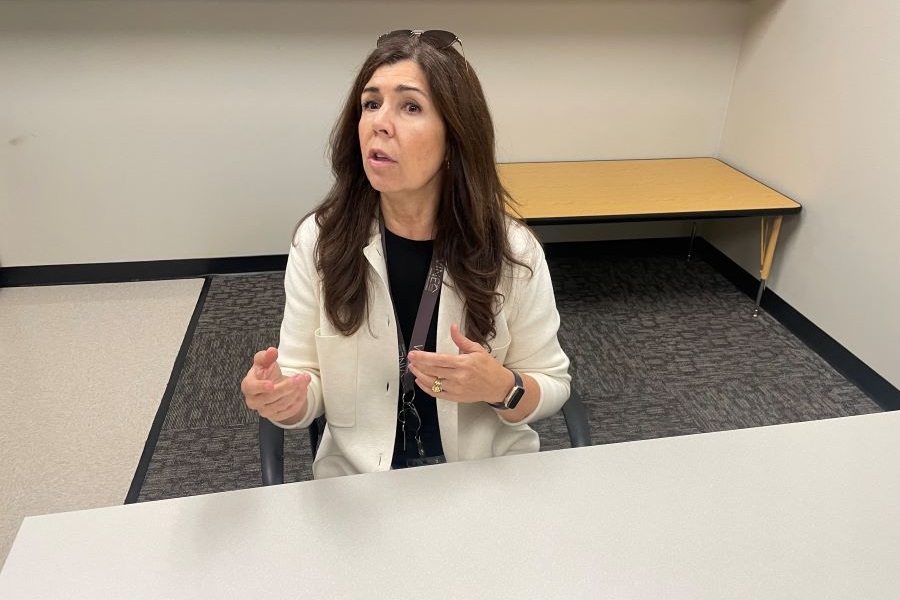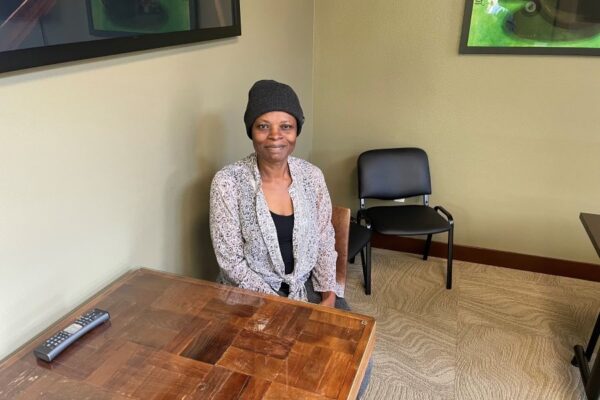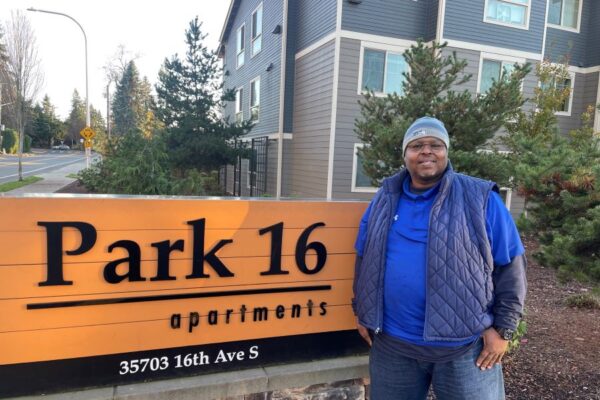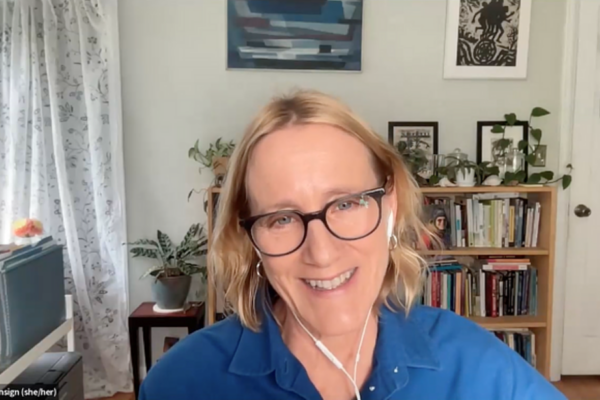A Holistic Approach to Homelessness Prevention—And It Works
November has several annual campaigns for driving awareness of the nation’s homelessness crisis.
November is National Homelessness Awareness Month and National Homeless Youth Awareness Month. According to the federal Substance Abuse and Mental Health Services Administration, National Homelessness Awareness Month and National Youth Homelessness Awareness Month call attention to the millions of adults, children, and families who are experiencing or at risk of homelessness.
November 13-21 is National Hunger and Homelessness Awareness Week. The campaign is held the week before Thanksgiving; it is sponsored by the National Coalition for the Homeless and the National Student Awareness Campaign Against Hunger to highlight the nation’s hunger and homelessness crisis.
United Way of King County believes that the best way to tackle homelessness is to prevent it from happening in the first place. That’s why we are committed to prevention, partnering with organizations that provide people with resources to remain housed. They include Vine Maple Place, a Maple Valley-based organization that aims to end homelessness in South King County
Working with both moms and families facing eviction and those experiencing homelessness, Vine Maple Place employs the Stable Families Program Model, an integrated approach that provides resources and tools needed to help people acquire and remain in safe and stable housing. United Way sat down with Vine Maple Place executive director Michelle Frets to learn more.
United Way of King County: What are the origins of Vine Maple Place?
Michelle Frets: Vine Maple Place started when nine churches came together and realized we had an issue with single-parent homelessness in the South King County area, and that was back in 2000. We incorporated as a 501-c3 and we had a wonderful executive director and operations director who volunteered for the first ten years.
We were a transitional housing organization and in 2011 we were receiving thousands of phone calls every year, and we were able to help 14 families with transitional housing. We felt that it was like throwing a pebble into the ocean. So, we started a project in 2011 where we said that if we’re going to end homelessness, let’s stop it before it starts. We started looking at prevention.
We saw characteristics in the families who were days away from being evicted, the characteristics of their homes, and what they were going through emotionally and physically were very similar to the families who were homeless that we were serving in transitional housing.
United Way of King County: What was your response to that?
Michelle Frets: We did a national study and we started looking at best practices. We looked locally at Pierce County, which had a great Rapid-Rehousing program just starting. We came up with the Stable Families program to launch as a pilot. We piloted that for a year.
We helped 30 families and we saw remarkable results. That was where we identified the things that families in transitional housing were struggling with that were creating what we call the “symptoms of homelessness,” the root causes that were happening to families that were in eviction.
A lot of those symptoms were relational and generational: The moms would come in with their kids and they would tell us that when they were 3, 5, or 14 the same things had happened to them.
They started to identify more of a generational aspect to it for us, and that’s when we added the word “generational” to our mission. We’ve been developing the Stable Families program iteratively, it’s client-based and they taught us the six things they need as a core to leave homelessness, to become safe, stable, and sustainable.
United Way of King County: What are those six things?
Michelle Frets: The counseling for emotional health, the housing stability for physical health, the financial budgeting for financial health, all those integrated into workforce development, the community coming together, with volunteers coming in and sitting alongside people, and people starting to engage. Relationships over time have been broken. The healing of a relationship starts to heal the trauma and it reorganizes the brain in a way that’s new and different for some of our families. Another big part of the program is the child and youth services.
When we started piloting, we were bringing other organizations to help us, and that was difficult for organizations to be there eight hours a day and the families couldn’t meet those schedules. Then we started sending them out to organizations and that didn’t work, because where do you put your kids? We realized the children were the motivation for the parents.
United Way of King County: How many people are you serving annually?
Michelle Frets: This year we are planning to serve almost 5,000 individuals at our two resource centers.
United Way of King County: How did you get into this work?
Michelle Frets: I’ve been here since 2009, and I’ve been full time since 2011.My background is God-divine. I started in corporate and I worked in corporate for 25 years. I retired many years ago, and during that time I started volunteering here. I got very interested in homelessness. I also had a childhood friend who got into a domestic violence situation, and I never quite understood all the particulars of what was going on because it was so hidden. She ended up losing her life.
When I came to Vine Maple Place, I recognized that a lot of what she was going through was what a lot of our families were going through. Domestic violence is very prevalent. I always thought I would go back into corporate once my kids graduated and, instead, I got very interested in this work here. I always say that God called me. And that Stable Families project was the first project that I was able to get involved with. My background was in strategy, project, and business development. I was super interested in how we will grow the organization. That’s what I’ve been tasked with here.
Between April 2019 and June 2023, United Way of King County has kept 3,037 households facing eviction in their homes via our legal representation coupled with financial assistance. To learn more about our homelessness prevention work, click here.
United Way of King County: From what you’ve seen in your work, how has the state of homelessness, particularly prevention, changed within the county over the past few years?
Michelle Frets: When the eviction moratoriums were raised, [the need for] prevention exploded. We received triple the calls here. Our calls for the homelessness side have doubled. I don’t think we fully understand the impact on our children in school yet because our kids were out of school during the pandemic. Mental health concerns are also what we’ve seen skyrocketing with our children and our adults.
United Way of King County: What do you think the public doesn’t understand about the crisis?
Michelle Frets: What I run into quite a bit are people who say, “I live my life and I can pay my gas tank and pay my rent.” Families who are struggling with homelessness or struggling with eviction just need a hand up. They’re stuck. You only come here if you need the kind of help that we provide. I think everybody wants to help, but sometimes there is this misunderstanding of, “All they need to do is get a job and pull themselves up by the bootstraps.”
Because we are working on generational issues, it takes time and investment, and once the people I’m talking with about homelessness and prevention understand it, it is an awakening that happens. We are very data-driven: 91% of families are still housed one year after they leave the program. We are so proud of the families. This is their work, their place. And we’re trying to understand where they’re coming from all the time.





Comments